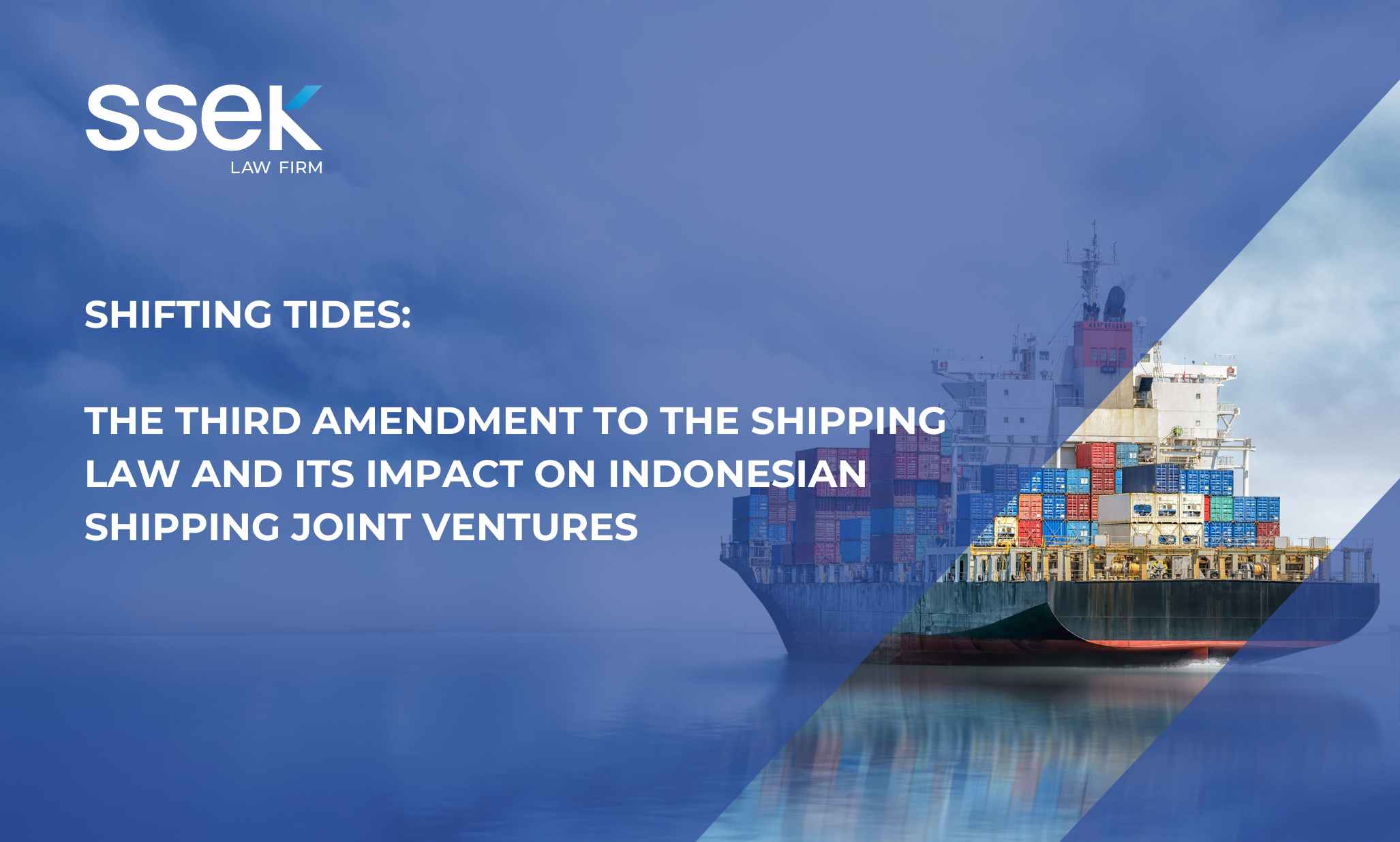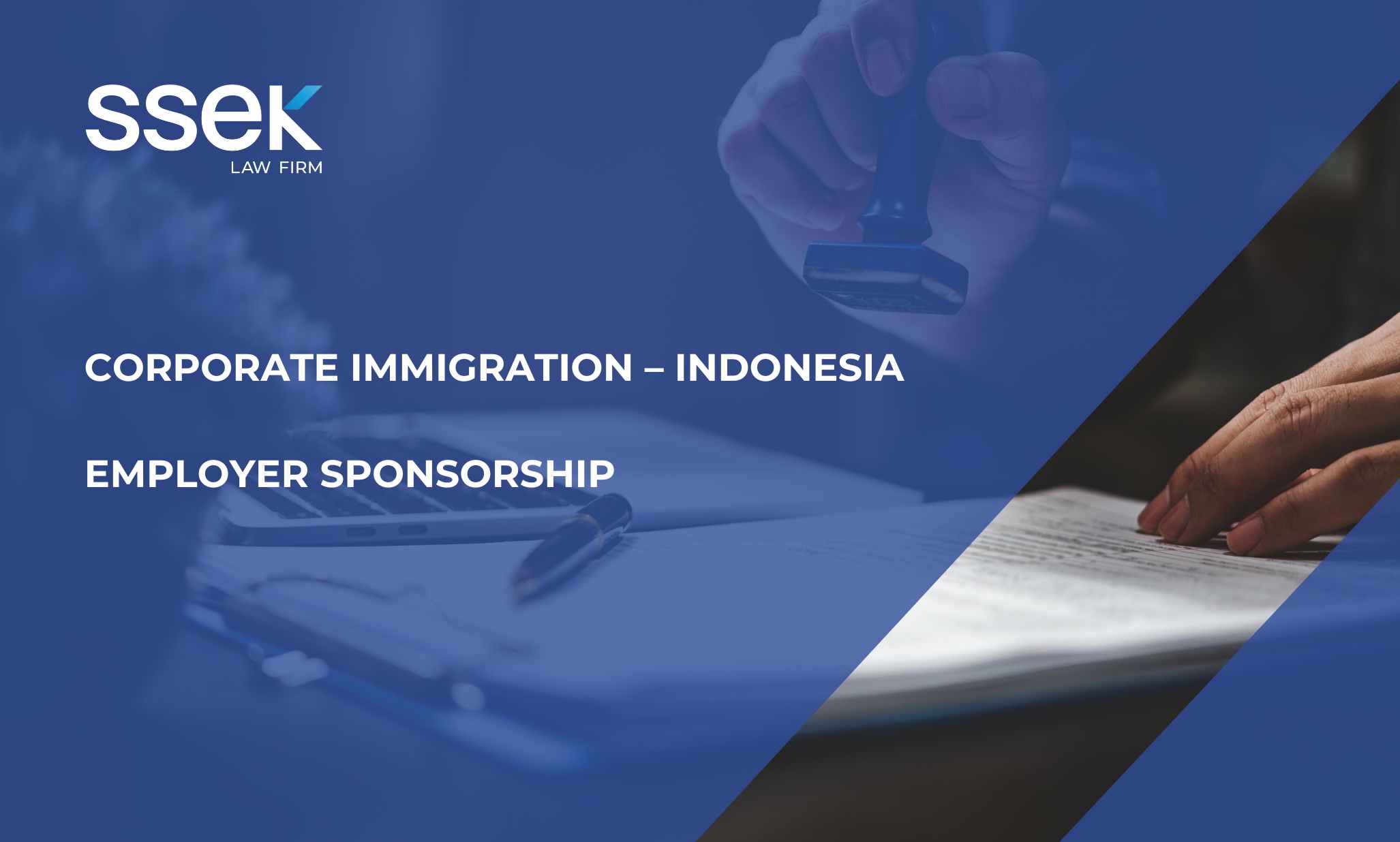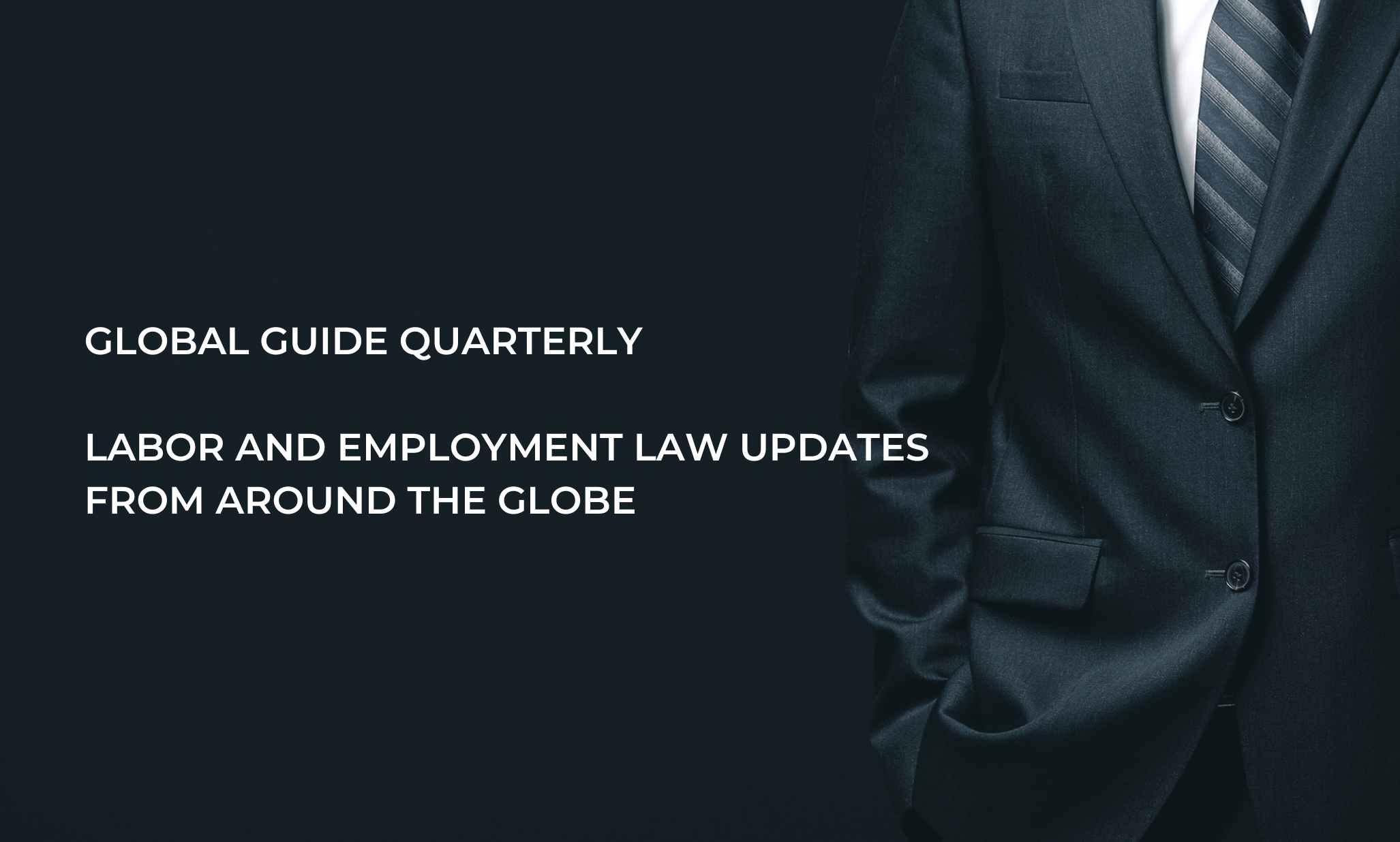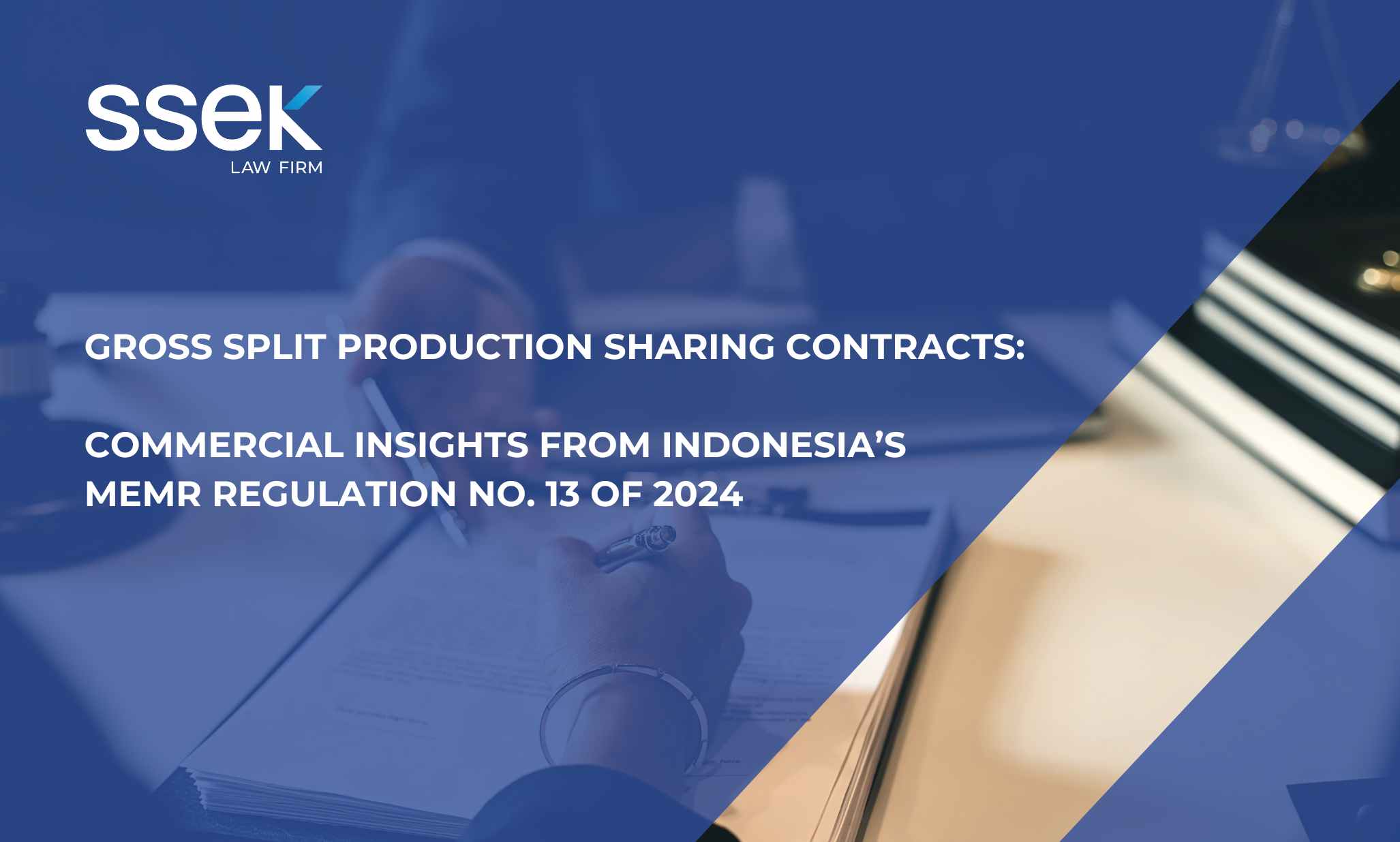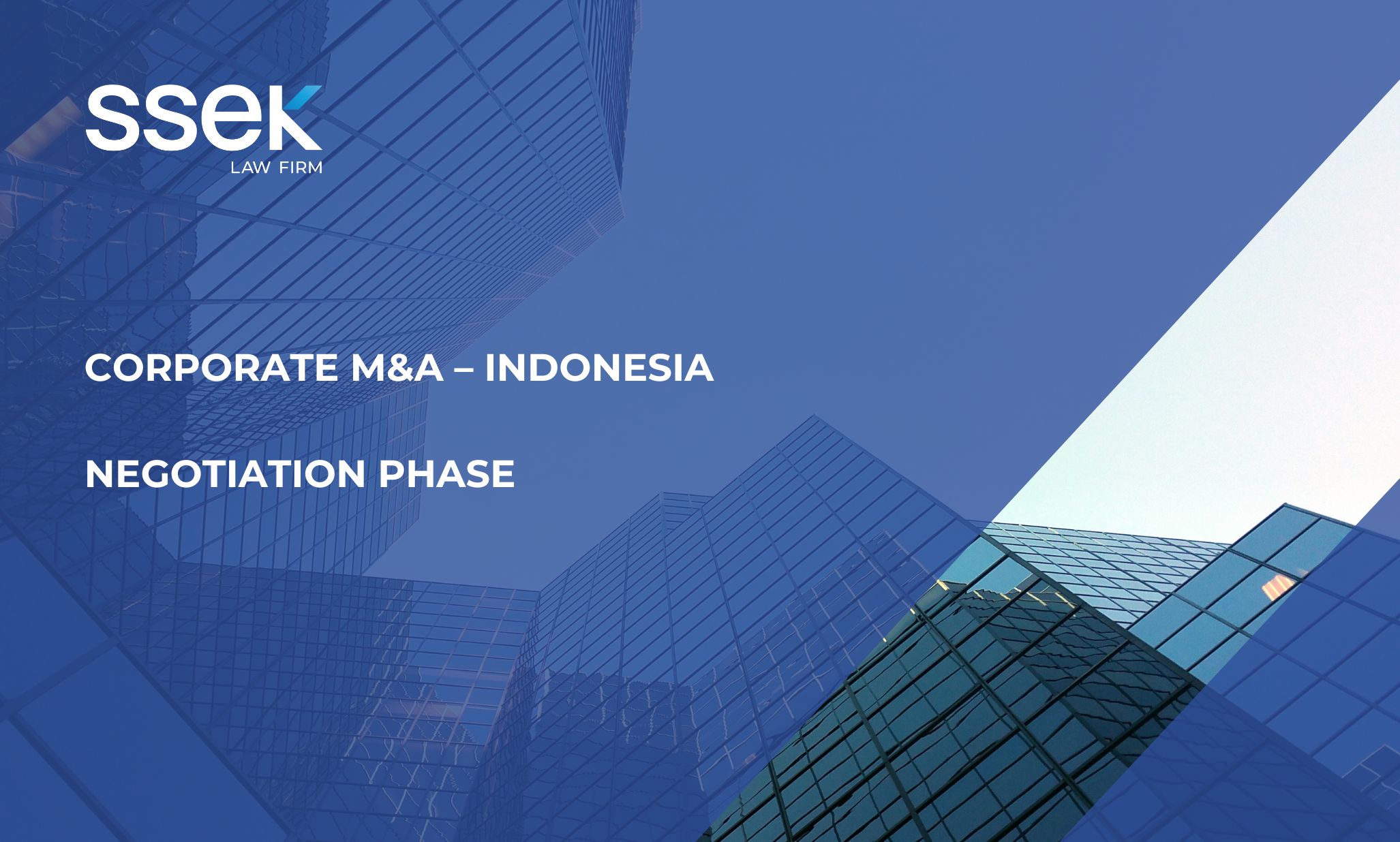

By Fitriana Mahiddin and Karisa Pangaribuan
Indonesia\'s Constitution stipulates that Indonesia\'s natural resources are controlled by the state and must be used for the maximum benefit of the Indonesian people. Article 4, paragraph 2 of Law 4/2009 on Coal and Mineral Mining enables the government to exercise control over mineral mining activities.
The government has the authority to grant certain private parties mining permits (IUPs) to conduct mining activities. An IUP does not grant ownership of the minerals in the ground. Ownership of the minerals is transferred from the government to the IUP holder once the royalty payment has been settled.
In accordance with this, land rights do not give the rights holder ownership of the minerals in the ground or the right to mine the minerals. Unless the land rights holder also holds a mining licence, it will not have the right to mine the minerals in the ground.
Mining Rights for Private Parties
Under Law 4/2009, mining activities can be conducted only after obtaining an IUP, which may be granted by the Ministry of Energy and Mineral Resources (MEMR) or a governor, regent or mayor, according to their respective authority. IUPs can be granted to:
- business entities;
- cooperatives; and
- individuals.
IUPs are divided into IUP exploration (IUPE) and IUP operation production (IUPOP). An IUPE covers the general survey, exploration and feasibility study stages, while an IUPOP covers the construction, mining, processing and refining stages, as well as transportation and sales.
An a special mining permit (IUPK) can also be granted by the MEMR to private entities. An IUPK holder is permitted to mine in a special mining business licence area that is located in a state reserve. However, state-owned and regional-owned enterprises have priority over private entities when it comes to obtaining an IUPK.
Before applying for an IUP, the applicant must participate in a tender process organised by the MEMR or governor, depending on the location of the mining area to be tendered, in order to obtain a mining business license area (WIUP). There is an exemption for non-metal minerals and rock mining, whereby a WIUP and an IUP can be obtained through an application to the MEMR or governor.
An IUPK will be granted after the mining company has secured a special mining permit area (WIUPK). IUPK holders are permitted to carry out mining activities only in the WIUPK. State-owned and regional-owned enterprises have priority when it comes to obtaining a WIUPK. The MEMR can offer a WIUPK to private businesses if no state-owned or regional-owned enterprises are interested in the offer or meet the financial, technical and administrative requirements for the WIUPK.
Law 4/2009 provides a guarantee to IUPE holders that they can obtain an IUPOP to continue their mining business activities. The holder of an IUPE or IUPK exploration may apply to the MEMR or governor, according to their respective authority, to upgrade the licence to an IUPOP or IUPKOP.
Private companies that are engaged in mining-related activities (eg, mineral processing, refinery activities or mineral trading) are also subject to the licensing system under Law 4/2009. Any company that conducts mineral processing and refinery business activities must obtain an IUPOP specifically for processing and refining (IUPOPK-PR). Companies engaging in mineral trading business activities must obtain an IUPOP specifically for transportation and sales (IUPOPK-TS).
Reproduced with permission of Law Business Research Ltd. This article was first published in Lexology Getting the Deal Through - Mining 2019 (Published: July 2019). For further information, please visit www.gettingthedealthrough.com.
This publication is intended for informational purposes only and does not constitute legal advice. Any reliance on the material contained herein is at the user\'s own risk. You should contact a lawyer in your jurisdiction if you require legal advice. All SSEK publications are copyrighted and may not be reproduced without the express written consent of SSEK.




